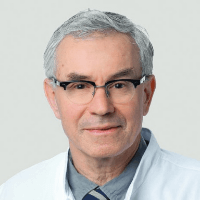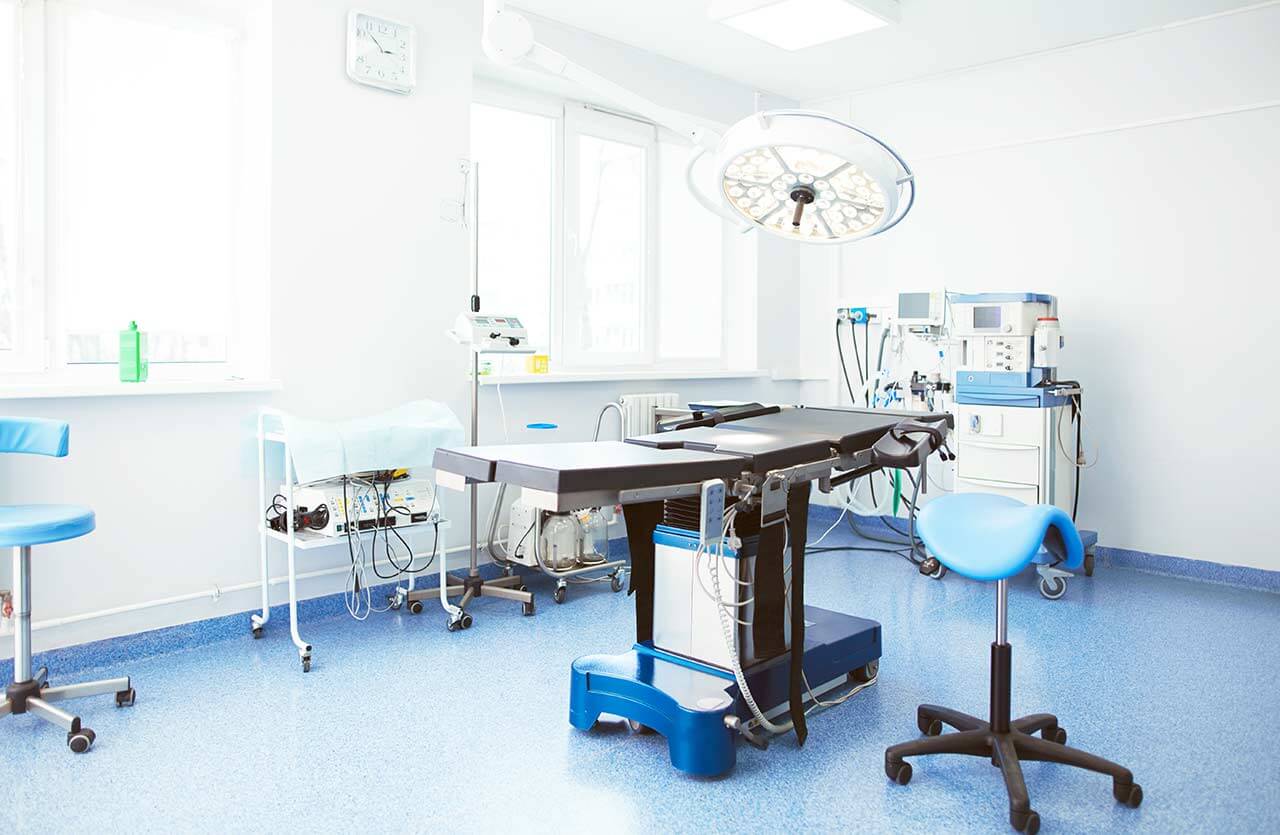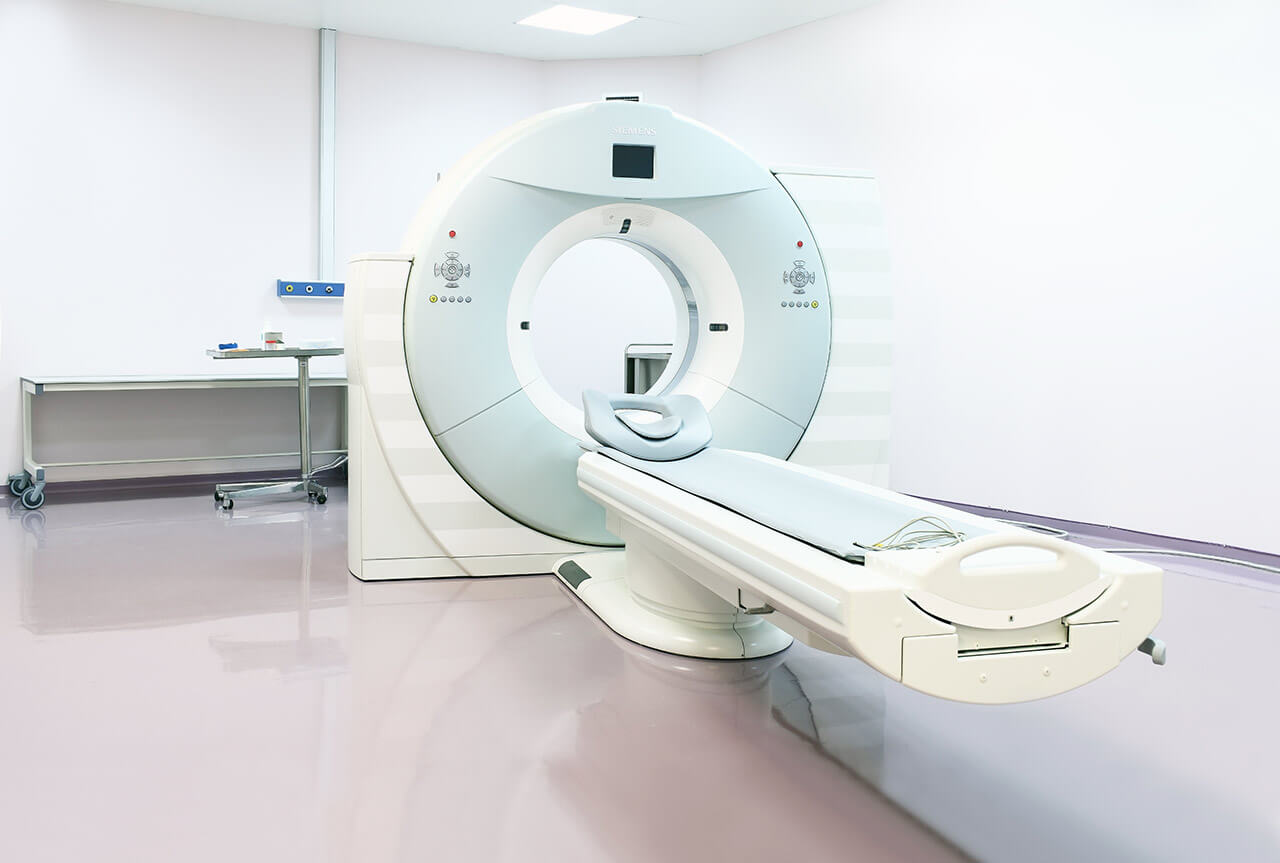
The program includes:
- Initial presentation in the clinic
- clinical history taking
- review of medical records
- physical examination
- laboratory tests:
- complete blood count
- biochemical analysis of blood
- inflammation indicators (CRP, ESR)
- indicators blood coagulation
- hormonal examination
- x-ray/ CT of the head
- otolaryngological examination
- preparation according to preoperative standard
- cleft lip and palate repair
- symptomatic treatment
- control examinations
- the cost of essential medicines and materials
- nursing services
- full hospital accommodation
- explanation of future recommendations
- written statement
Required documents
- Medical records
- Full face and profile photo
- X-ray examination of the facial skeleton (if available)
- Maxillofacial CT scan (if available)
Service
You may also book:
 BookingHealth Price from:
BookingHealth Price from:
About the department
The Department of Oral and Maxillofacial Surgery at the Hirslanden Clinic Aarau offers modern diagnostics and treatment for patients with maxillofacial diseases, injuries and deformations. Since 2018, the department has been certified as the first Skull Base Surgery Center in Switzerland. The head of the department is Prof. Dr. med. Dr. med. Beat Hammer.
The team of the department's surgeons has long clinical experience and regularly demonstrates high treatment success rates. The specialists set themselves the goal not only to save a person from the pathological process, but also to preserve vital functions – chewing, swallowing, laughing.
For the establishment of an accurate diagnosis and selection of the optimal treatment tactics, the department's doctors use the advanced radiography and digital tomography systems. The department also has outpatient operating rooms for minor interventions, including under general anesthesia, such as installation of dental implants or wisdom tooth extraction.
The department's surgical service range includes:
- Orthognathic surgery (treatment of jaw diseases and injuries, correction of jaw developmental defects, consequences of jaw injuries)
- Malocclusion
- Temporomandibular joint dysfunction
- Complications after jaw neoplasm removal
- Cancer surgery of the face, head, neck and nose (the focus is on preservation of function and quality of life)
- Oral surgery and dental implantology, including reconstructive surgery
- Bone tumors and cysts
- Obstructive sleep apnea (in collaboration with experts in somnology)
- Tooth displacement
- Reconstructive surgery
- Injuries in the face and head
- Congenital facial deformities
- Orbital and the skull base surgery
- Orbital tumors and vascular malformations
- Orbital injuries
- Graves orbitopathy
- Orbital and skull base malformations
- Skull base tumors
- Craniofacial prosthetics and epithetics
- Facial asymmetry correction
- Prosthetics after surgical removal of tumors
- Implantation of epithets
- Other therapeutic options
Curriculum vitae
Clinical Interests
- Orthognathic surgery:
- Correction of jaw deformities.
- Facial defects.
- Cancer surgery:
- Treatment of benign maxillofacial tumors.
- Treatment of head and neck malignancies.
- Treatment of salivary gland tumors.
- Orbital and skull base surgery:
- Facial injuries.
- Consequences of maxillofacial injuries.
- Orbital and skull base neoplasms.
- Surgical treatment of Graves' disease.
- Temporomandibular joint reconstructive surgery.
Professional Career
- March 2003 Foundation of the Department of Oral and Maxillofacial Surgery at the Hirslanden Clinic Aarau.
- 1996 - 2003 Leading Physician, Department of Oral and Maxillofacial Surgery, University Hospital Basel.
- 1988 - 1997 Senior Physician, Department of Oral and Maxillofacial Surgery, University Hospital Basel.
- 1987 Assistant Physician, Department of Plastic Surgery, University Hospital Basel.
- 1986 Assistant Physician, Department of Oral and Maxillofacial Surgery, University Hospital Basel.
- 1982 - 1985 Assistant Physician, Department of General Surgery, Clinic in Kiel.
- 1980 - 1982 Assistant Physician, Department of Oral and Maxillofacial Surgery, Clinic in Zurich.
Higher Education and Postgraduate Training
- 2003 Professorship, University of Basel.
- 1999 Internship in Australia, Adelaide (6 months).
- 1995 Habilitation at the University of Basel and Venia docendi. Subject: "Orbital fractures: diagnostics, surgical treatment, secondary corrective interventions".
- July 1989 Plastic surgery scholarship, Sunnybrook Hospital, Toronto.
- June 1989 Plastic Surgery Scholarship, Johns Hopkins Hospital, Baltimore.
- 1988 Board certification in Oral and Maxillofacial Surgery.
- 1986 Doctoral thesis defense, Faculty of Medicine, University of Zurich.
- 1980 State Medical Examination.
- 1977 - 1980 Study of Human Medicine, University of Zurich.
- 1977 Doctoral thesis defense in Dentistry, Faculty of Medicine, University of Zurich.
- 1976 State Dental Examination.
- 1970 - 1976 Study of Dentistry, University of Zurich.
Memberships in Professional Societies
- Swiss Medical Association (FMH).
- Swiss Society of Oral and Maxillofacial Surgery (SGKG).
- Swiss Society of Ophthalmology (SOG).
Photo of the doctor: (c) Hirslanden AG
About hospital
The Hirslanden Clinic Aarau enjoys the status of one of the largest and most successful private medical facilities in Bern and Zurich. The clinic is part of the Hirslanden Network known in Europe, which is a provider of first-class medical services in Switzerland.
The main areas of specialization of the clinic in Aarau include cardiology, cardiac surgery, abdominal surgery, urology, oncology, neurosurgery, spinal surgery and orthopedics. The Department of Obstetrics annually delivers more than 700 babies. The high professionalism of the clinic’s medical staff, as well as the excellent technical base, make it possible to successfully cure not only common pathologies, but also very complex clinical cases.
All efforts of doctors and nursing staff of the clinic are focused on meeting the needs of patients and best possible restoration of their health. The work with patients is based on an individual approach to each clinical situation. The clinic has 155 beds for inpatient treatment. The surgical treatment is provided in 7 operating rooms with all the necessary surgical instruments, computer monitoring systems, navigation devices, robot-assisted systems for sparing laparoscopic operations.
Since 2010, the clinic introduced a unified quality management system, which includes all clinics in the Hirslanden Network. The clinical performance indicators and patient reviews are provided in the annual reports available to all those who want to see them. At the moment, the clinic rating is 8.9 out of 10 possible points – based on patient reviews. The clinic is also the first and only health facility in the canton of Aargau, which medical services were certified in accordance with the new ISO 2016 standards.
Photo: (с) depositphotos
Accommodation in hospital
Patients rooms
The patients of the Hirslanden Clinic Aarau live in cozy rooms equipped with everything necessary for a comfortable stay in the hospital. Each patient room has an ensuite bathroom with shower and toilet. The standard patient room includes an automatically adjustable bed, a bedside table, a wardrobe with lockers for storing personal belongings, a hairdryer, a table and chairs for receiving visitors, a TV and a radio. The patient rooms also have Wi-Fi access. If desired, the patients can live in enhanced-comfort patient rooms, which are additionally equipped with a safe, a refrigerator and upholstered furniture.
Meals and Menus
The patient and the accompanying person are offered a daily choice of three menus. If you are on a specific diet for any reason, you will be offered an individual menu. Please inform the medical staff about your dietary preferences prior to the treatment.
Further details
Standard rooms include:
Religion
The religious services can be provided upon request.
Accompanying person
During the inpatient program, an accompanying person may stay with the patient in the patient room or at a hotel. Our managers will help you choose the most suitable option.
Hospital accommodation
During the outpatient program, you can live in a hotel at the clinic.
Hotel
During the outpatient program, you can live in a hotel of your choice. Managers will help you choose the most suitable options.



